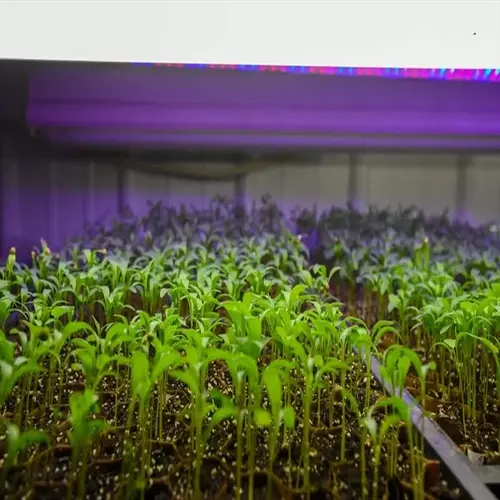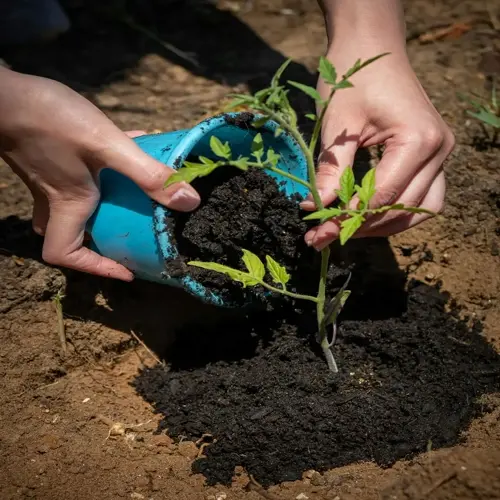Is tap water safe for all plants?

Written by
Paul Reynolds
Reviewed by
Prof. Martin Thorne, Ph.D.The concern with using tap water for plants and whether it is safe. Most garden plants handle treated water fairly well, but sensitive exotic species can be adversely affected. I learned this the hard way when my orchids developed brown tips due to the city water. Knowing the limits of plant types can save plants from damage, and promote plant health.
Chlorine-Sensitive Plants
- Ferns develop brown tips within days of tap water exposure
- Orchids show root damage from fluoride accumulation
- Carnivorous plants like Venus flytraps die from minerals
Tap-Tolerant Varieties
- Tomatoes and peppers show no adverse effects
- Most succulents handle mineral content well
- Lawn grasses thrive with regular tap irrigation
Chlorine and fluoride are harmful to sensitive plants. Chlorine and fluoride are added to municipal water because they are considered safe and effective. Letting the tap water sit uncovered for 24 hours will allow the chlorine to evaporate. My spider plants grew back all their leaves after doing this. Rainwater is the gold standard for tender species.
Avoid applying greywater to any edible plants. This is because recycled water from your shower/ sink contains bacteria, so it's best to have ornamentals take the greywater strain. Always use water at room temperature to avoid root shock. When using cold water, it stresses the plant just as hot water damages human skin. Plus, you can test your water temperature with your wrist first.
Place rain barrels for any vulnerable plants. Locate them, ideally, under your downspouts; this maximizes collection. It's best to cover them to keep mosquitoes away. If you need a tap-dependent garden, you can add vinegar to help you with the alkalinity. Adding vinegar occasionally works. Using 1 teaspoon per gallon of vinegar will help with acid-loving plants, such as azaleas, when using a mineral-rich well water source...
Keep an eye on plants to watch for water stress. Brown edges on the leaves indicate mineral buildup; flush pots once a month with additional water. Wet down garden beds deeply each \(growing) season as far down as you can. These things will help keep roots healthy. My container garden has improved significantly since I started to protect against tap water.
Read the full article: 10 Essential Tips: When to Water Plants

